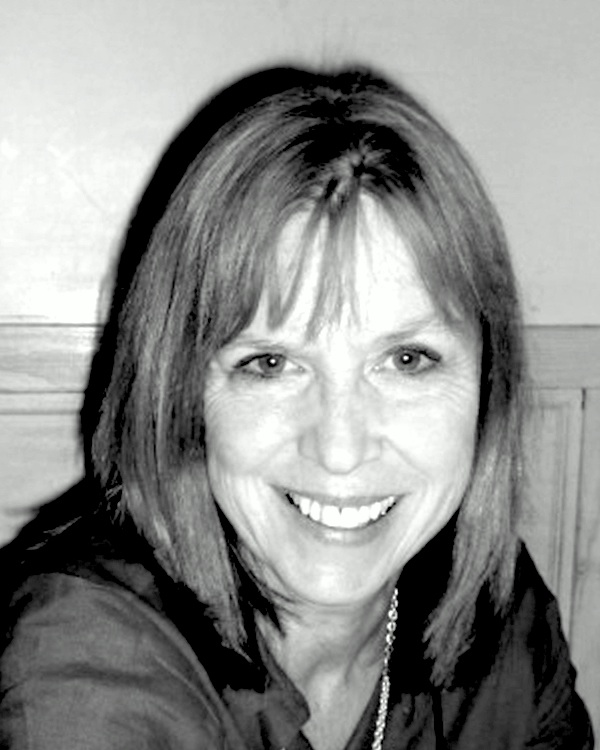As promised, here are two more pieces from Jess Wells’s nine-part story, “The See-Saw Family”:
A Movement Lesbian
Twenty-three years with women is a long time. A lot of sex can be had in 23 years. I had done the committed relationship thing. I had done the SM thing, the non-monogamy thing, the orgy in the country thing. What was left?
I guess when you’ve been a lesbian long enough, sex with men is the only thing left that’s taboo.
And I hadn’t been one of those lesbians who knew at age six that she was gay. In fact, I had no desire to have sex with women, but 25 years ago men were a piggish lot, especially in Europe where I was living. I was between the boat and pier. So when a German woman told me, “You’re called a movement lesbian,” (women who come for the politics and stay for the sex), and then pressed me into the wall like a good top should, I stayed.
Twenty-five years ago, orientation wasn’t a fluid thing. You were in or you were out. Going ‘back to men’ was like a nun who gave up the frock, it was giving in to The Man. It was aiding and abetting the oppressor.
But I seem to re-invent myself every decade or so. I became a lesbian and 10 years into it became a mother. Ten years into motherhood I became bisexual. If my mother were still alive she would be afraid of the future.
The Swinging Closet Door
It’s odd to tell people about this. “I’ve gone bi,” I practice, but it sounds like I’ve gone by the store, or gone by the river, by the wayside. There are people who see a picture of my boyfriend Simon (ok, not his real name but he deserves a little privacy) on my desk at work who have no clue that I ‘used to be’ a lesbian. I come out to gay people on the job and it’s an awkward conversation that makes them suspicious, the new millennium version of ‘some of my best friends are gay’ but now it’s ‘some of my best years were gay.’ I have new friends who have never known me as a lesbian and old friends who are just getting used to the idea of my not being a lesbian. Twice as many awkward conversations, twice as many closets.
Like having dinner with a straight man in the Castro. Clearly a bi-type move. Or maybe it was the move of a lesbian who didn’t know what she was doing on an Internet het-date site. Well, it was late at night. Sitting at Orphan Andy’s counter eating, my ‘date’ mentions that the gay people around us seem nervous. As if they haven’t seen straight folk in a while, he whispers. But it’s me, sitting there at total odds with myself, eating a salad with identity crisis dressing. Who is this guy? And who are men, really? What do I know about them? I’ve only got one male friend and he’s a radical fairie. Of course, there are all the dads I hang around with, they’re pretty cool. But what about this guy?
I’ve never been on the outside of the outside before. A bisexual in the Castro is on the outside of the fringe. Assumed to be the inside. I had whiplash.
And having dinner, again, with my boyfriend Simon, in the Castro, where the waiter treated us like breeders, camping it up as if we’d never seen a queer before and making all kinds of references to how “we gays” do things. I wanted to raise my hand like Hermione Granger, “ooh, ooh, I’m a sexual outlaw too!”
But there are advantages, I admit. Even here in San Francisco gay people on the street stiffen up and drop hands when they walk past people who appear to be heterosexual, and I don’t have to do that anymore. My guy’s not really the hand-holding kind (he tolerates my hand looped through his arm) but, hey, I don’t have to stiffen any more. The world’s definitely safer, I’ll attest to that.
Jess is an author/editor who can be found online at www.jesswells.com.

